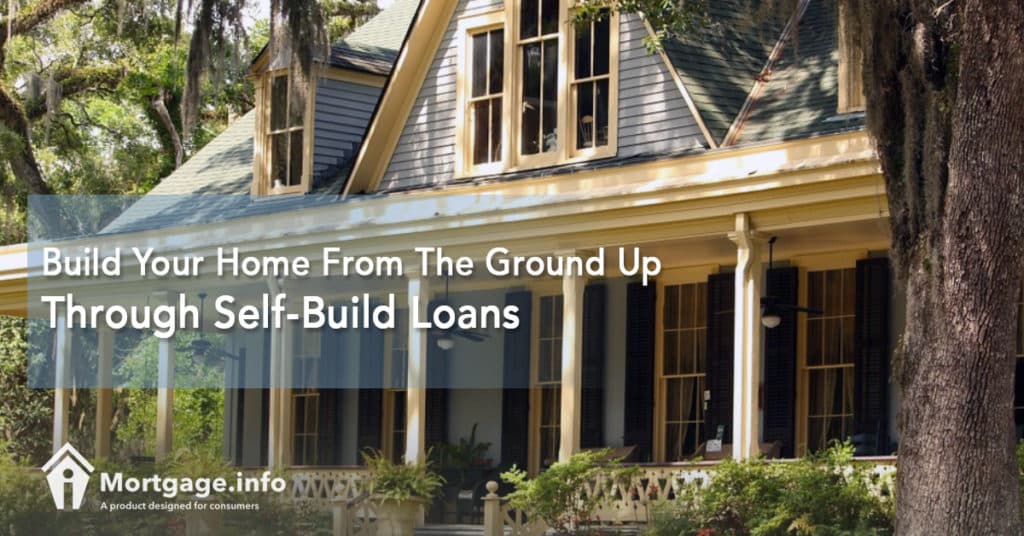Having a home built from the ground up gives a certain sense of pride to the homeowners. And the thought of building a house on your own can be a thrilling adventure. Good thing there are self-build loans for those who are want to construct and design their own house.
But self-build loans are quite different from other home loans. They have different qualifications. Also, processing a self-build loan is a little more complex than conventional mortgages.
What are self-build loans?
Also known as a construction loan, a self-build loan is a short-term financing for building homes. Either a builder or a home buyer can apply for one.
From its name, the loan amount will be used to cover construction costs for the home you are planning to build. Since this loan is short-term, the usual span of construction loans would run up to a year.
Keep in mind that the borrower has an option refinance the construction loan into a home loan. Also, the borrower can get a new loan to pay the existing self-build loan. These are what they call an “end loan.”
Where can you apply for this loan?
Self-build loans are rarely found online. Usually, these are offered by local credit unions. Other than that, local banks or regional banks can also offer these types of loans.
Local and regional banks are generally more familiar and comfortable offering construction or self-build loans within their community since they are more familiar with the area.
Advantages
The thrill of having to build your home exactly the way you want to is something that’s very attractive for most aspiring home owners.
Through this financing, you’ll have the freedom to design the house you want to call home. You don’t have to go through home inspections, house hunting, or keep up the real estate market competition.
[sc_content_link label=”Got some questions? Ask our lenders.”]
Disadvantages
One thing that is worth noting about self-build loans is that it’s not an easy road to take. These loans are typically regarded as high-risk therefore qualifying will possibly be difficult.
It requires a lot of patience. Ideally, lenders would need to prove that your home building plans are true. You’ll need to provide proof of your construction plans through presenting details, floor plans and the like.
Another thing worth knowing is that most lenders would require the minimum 20% down payment for construction loans. Sometimes, lenders would even require 25%. Since this loan poses a higher risk, a higher down payment rate is needed.
Finally, it’s possible that these loans are at a higher interest rate than conventional mortgages. But all in all, these things might be worth the risk if it’s something you’ve thought of and really want.
What else should I need to know?
Since lenders need to verify that your intent to apply for a construction loan is true, they would want to look into your construction details.
In order to do so, you must consult with a qualified builder. Getting a licensed general contractor to work on with your home-building project would usually give a good impression to your lenders.
Organize your plans. Get tips from experts. Put together all the construction plans and all the documents ready when applying for a self-build loan. This is something you should work with your builder/contractor and lender.
Save up a lot of money for a large down payment and other costs. If building your own home is something you’re really aiming for, you’ll need to be financially ready for it. It will not be an easy road but it could be worth it.
[sc_content_link label=”Help from our lenders is just one click away.”]

